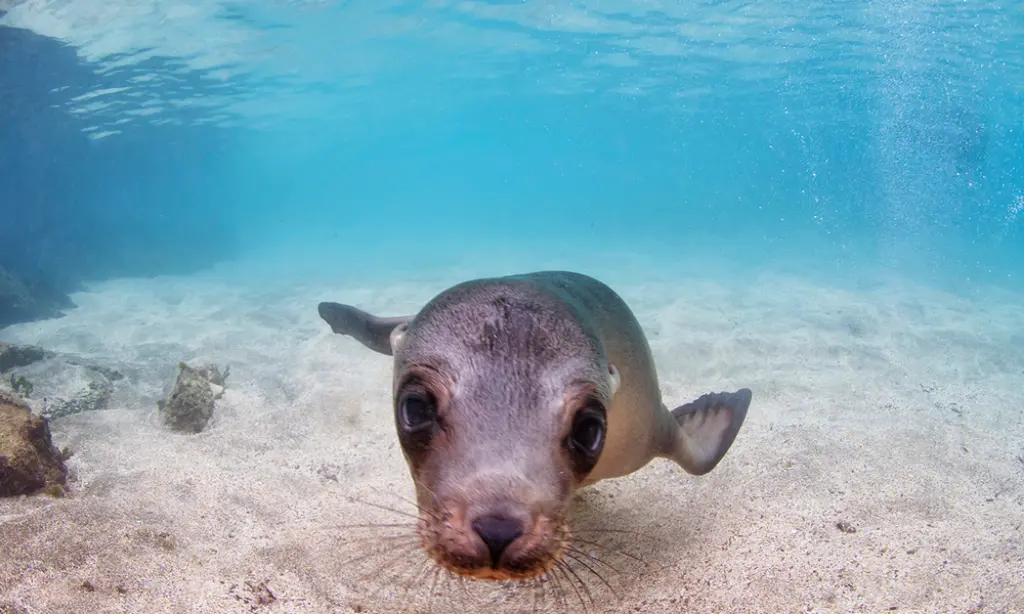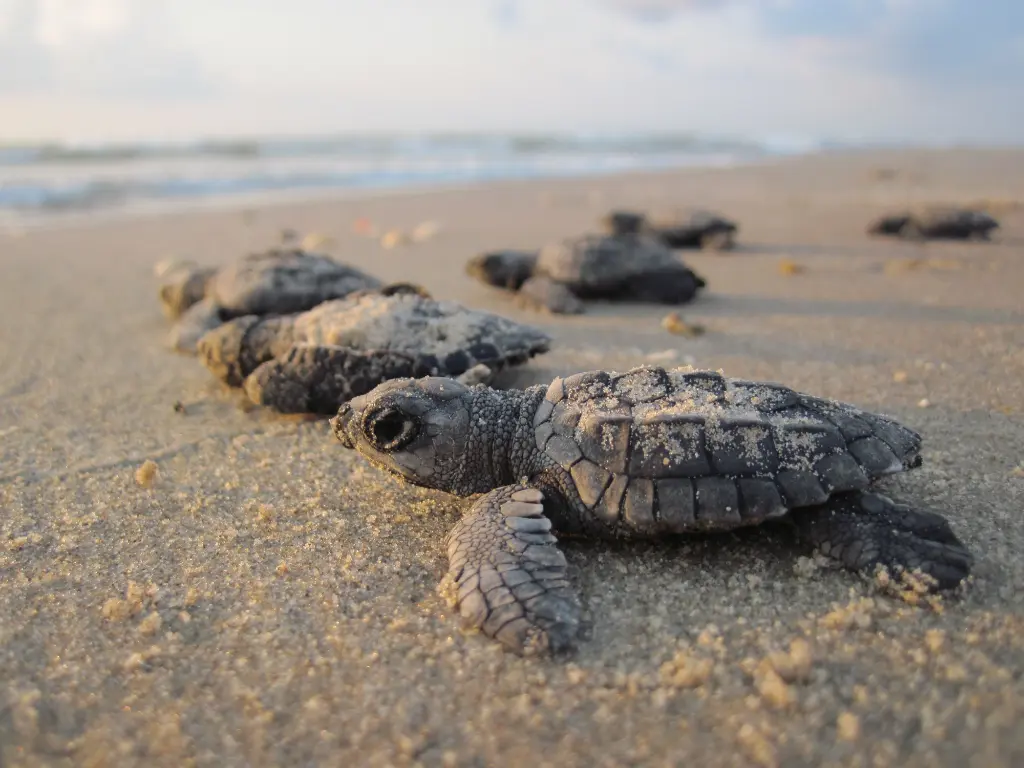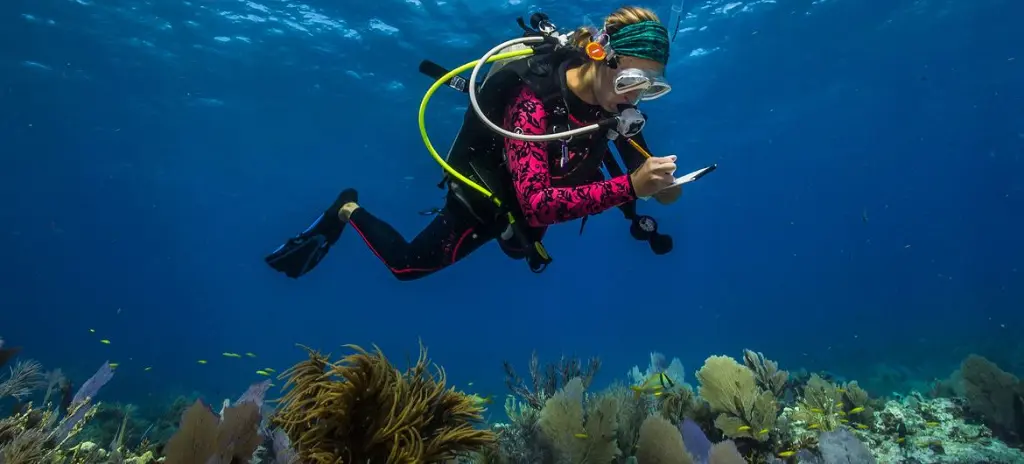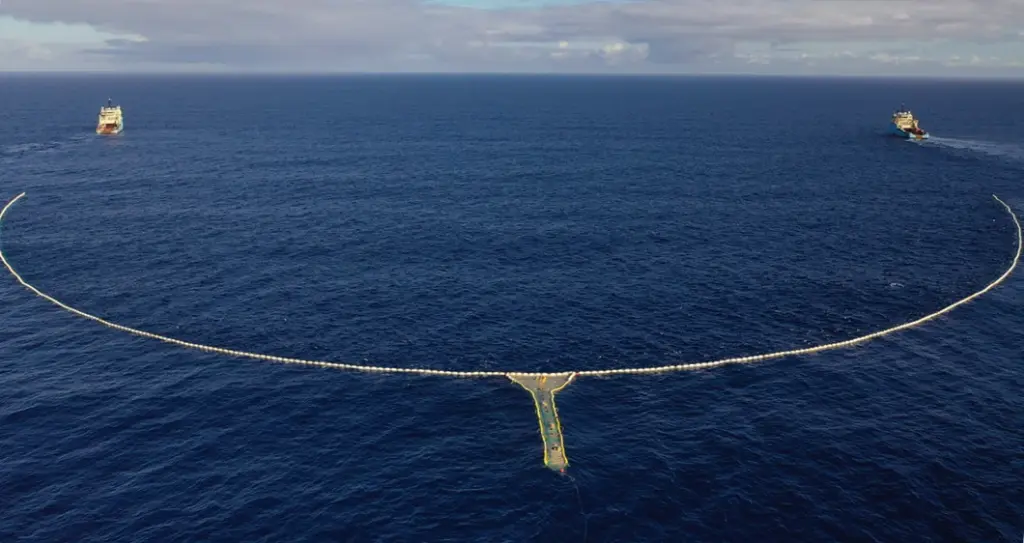Our oceans are vital to life on Earth. They provide oxygen, regulate climate, and support countless species. But they are under threat from pollution, overfishing, and climate change. Thankfully, people around the world are working on innovative solutions to protect our oceans and create a sustainable ocean future. Let’s explore some of these exciting developments.
Understanding the Ocean’s Challenges
Before diving into the solutions, it’s essential to understand the major problems our oceans face. These include:
- Plastic Pollution: Mountains of plastic waste end up in the ocean, harming marine life and ecosystems.
- Overfishing: Unsustainable fishing practices deplete fish stocks, disrupting the marine food web.
- Climate Change: Rising sea temperatures and ocean acidification damage coral reefs and other sensitive habitats.
- Pollution from Land: Runoff from agriculture and industry carries pollutants into the ocean, harming marine life.
Tackling Plastic Pollution: From Cleanup to Prevention
Plastic pollution is a major crisis, but there are many innovative solutions being developed to address it.
Ocean Cleanup Technologies
Several projects are focused on removing existing plastic from the ocean. The Ocean Cleanup, for example, uses large floating barriers to collect plastic waste. Other initiatives are developing robots and drones to identify and remove plastic from beaches and coastal areas.
Bioplastics and Sustainable Alternatives
Reducing the amount of plastic we use is crucial. Researchers are developing bioplastics made from renewable resources, which can break down more easily in the environment. Other companies are creating sustainable alternatives to plastic packaging, such as seaweed-based materials.
Improving Waste Management
A significant amount of plastic enters the ocean from land-based sources. Improving waste management systems, especially in developing countries, is essential. This includes investing in recycling infrastructure, promoting responsible waste disposal, and educating people about the impact of plastic pollution.
Sustainable Fishing Practices: Ensuring Healthy Fish Stocks
Overfishing is depleting fish populations and disrupting marine ecosystems. Adopting sustainable fishing practices is crucial for ensuring healthy oceans.
Aquaculture: Sustainable Fish Farming
Aquaculture, or fish farming, can provide a sustainable source of seafood. However, it’s important to ensure that aquaculture practices are environmentally responsible. This includes minimizing pollution, using sustainable feed sources, and preventing the escape of farmed fish into the wild.
Marine Protected Areas (MPAs)
Establishing marine protected areas (MPAs) is a key strategy for conserving marine biodiversity and allowing fish stocks to recover. MPAs restrict fishing and other harmful activities in specific areas, providing a safe haven for marine life.
Technology for Monitoring and Enforcement
Technology plays a crucial role in monitoring fishing activities and enforcing regulations. Satellite technology can track fishing vessels and identify illegal fishing. Electronic monitoring systems can record fishing catches and ensure compliance with quotas.
Combating Climate Change: Protecting Coral Reefs and Ocean Health
Climate change is having a devastating impact on our oceans. Addressing this challenge requires global action to reduce greenhouse gas emissions.
Coral Reef Restoration
Coral reefs are particularly vulnerable to climate change. Rising sea temperatures cause coral bleaching, which can kill coral reefs. Scientists are developing techniques to restore damaged coral reefs, such as coral gardening and transplanting heat-resistant coral species.
Ocean Acidification Solutions
As the ocean absorbs carbon dioxide from the atmosphere, it becomes more acidic. This can harm marine life, especially shellfish and corals. Research is underway to develop solutions to mitigate ocean acidification, such as adding minerals to the ocean to neutralize acidity.
Renewable Energy and Ocean Power
Transitioning to renewable energy sources is essential for reducing greenhouse gas emissions. The ocean offers a vast potential for renewable energy, including offshore wind, wave energy, and tidal energy.
Reducing Pollution from Land: Protecting Coastal Ecosystems
Pollution from land-based sources, such as agriculture and industry, can harm marine life and ecosystems. Reducing this pollution requires a multi-pronged approach.
Sustainable Agriculture Practices
Adopting sustainable agriculture practices can reduce the amount of pollutants that enter the ocean from runoff. This includes using less fertilizer, implementing erosion control measures, and promoting water conservation.
Wastewater Treatment Improvements
Investing in wastewater treatment facilities can prevent pollutants from entering the ocean. Advanced treatment technologies can remove harmful chemicals and bacteria from wastewater before it is discharged.
Coastal Wetland Restoration
Coastal wetlands, such as mangroves and salt marshes, play a vital role in filtering pollutants and protecting shorelines from erosion. Restoring these wetlands can improve water quality and enhance coastal resilience.
The Future of Our Oceans: A Call to Action
Protecting our oceans is a global responsibility. By embracing innovative solutions and working together, we can create a sustainable ocean future for generations to come. Here’s how you can help:
- Reduce your plastic consumption.
- Support sustainable seafood choices.
- Learn about the ocean and its challenges.
- Advocate for policies that protect the ocean.
- Donate to ocean conservation organizations.
The time to act is now. Let’s work together to protect our oceans and ensure a healthy planet for all.




